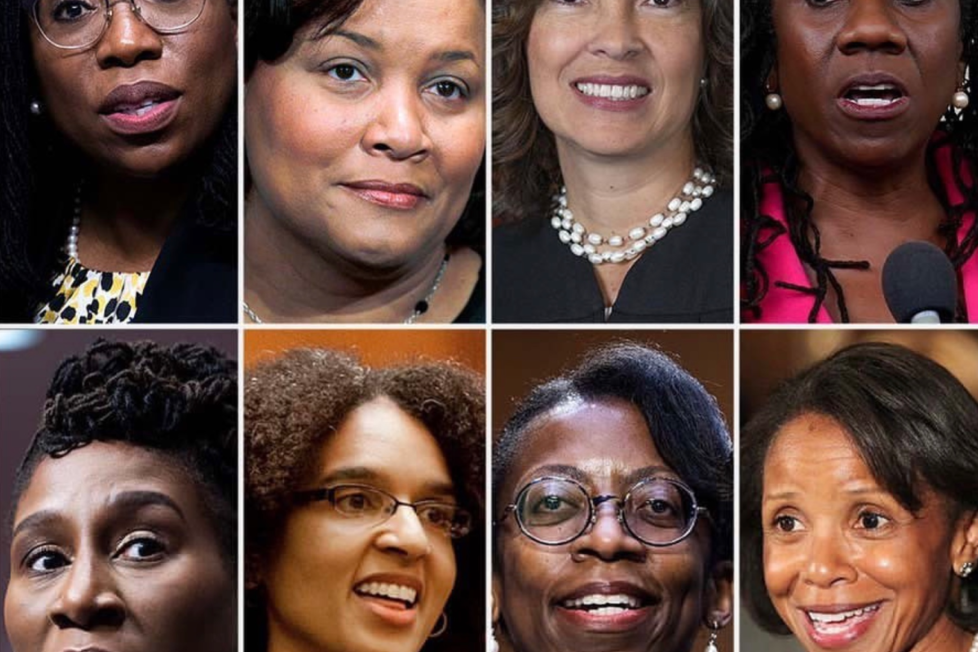Clyburn’s pick for Black woman Supreme Court nominee taking the lead: Is Michelle Childs the right choice?


It seems that President Biden is going through with his campaign promise to put a Black woman into Supreme Court Justice position. With the retirement of current Justice Stephen Breyer, one potential nominee stands out above the rest: South Carolina District Court Judge J. Michelle Childs.
Childs’ biggest supporter, and possibly the key to her success in landing the Supreme Court role, is non other than South Carolina Democrat Rep. James Clyburn, the highest-ranking Black official in Congress and one of President Biden’s closest advisors.
Clyburn has appeared on a number of news networks advocating for Childs’ nomination, including proclaiming Childs as the bipartisan answer to a possible “testy Supreme Court battle” as stated by CNN.
“I want to make sure that it’s a woman that will get universal support. When I say universal, I mean bipartisan support,” he said Wednesday on CNN. “I know that Michelle Childs will have the support of several Republicans.”
One of these Republicans is South Carolina’s Lindsey Graham who said that he “can’t think of a better person” for Biden to consider. In an interview with “Face the nation” he also said that she is “highly qualified” and of “good character”.
While Child’s is sure to be a shoo-in, there has been some controversy surrounding her background as a management side labor attorney.
According to Bloomberg Law, Childs has 23 cases representing employers accused of racial and gender discrimination and other civil rights violations while serving as an associate, then partner at Nexsen Pruet Jacobs & Pollard from 1992 to 2000.
Nelson Pruet has boasted for years of its anti-union services and has warned against the PRO Act, a unionization bill from the Democrats that was included in Biden’s Build Back Better Act.
While these 23 cases are being plastered in an effort to undermine Childs nomination, she has numerous records of defending the public.
In Bradacs v. Haley, Judge Childs ruled in favor of two women who sued South Carolina to recognize there marriage. Judge Childs found South Carolina’s rejection of their marriage unconstitutional.
In the case of Rhoades v. Savannah River Nuclear Solutions Judge Childs ruled in favor of protecting more than 5,000 workers by rejecting a motion to block a COVID-19 vaccine mandate by the Savannah River Nuclear Solutions.
Even with the attempt to slander Childs image and deter her nomination, her history of ruling in favor of the public, and Clyburn’s fervent support make Childs a solid nominee.
